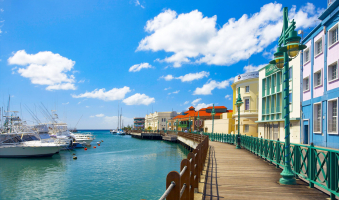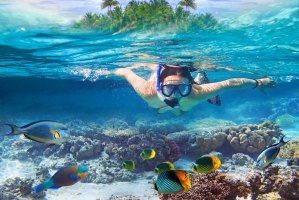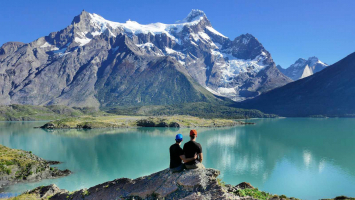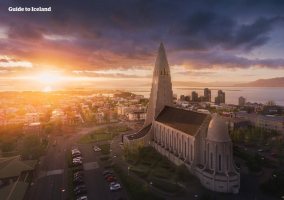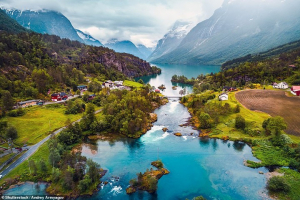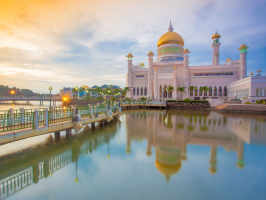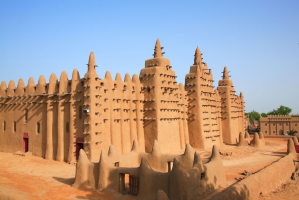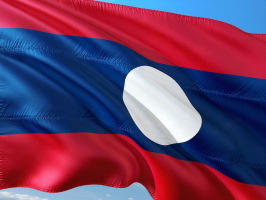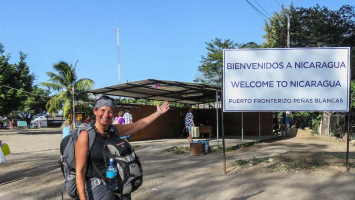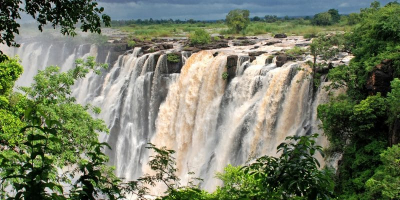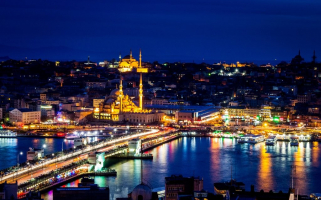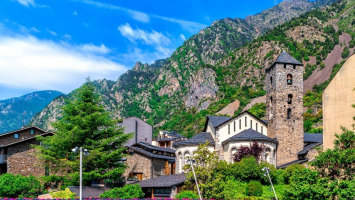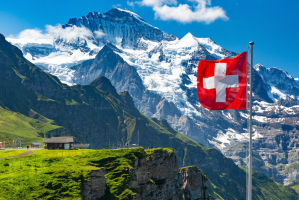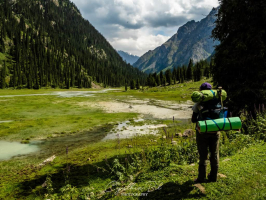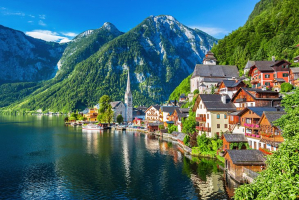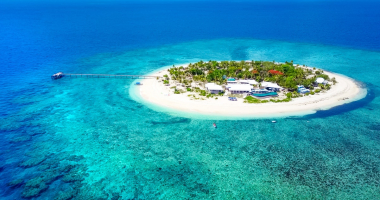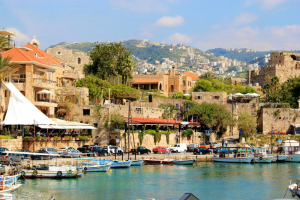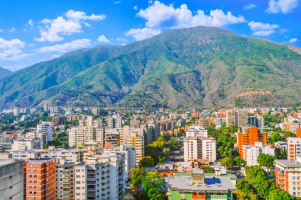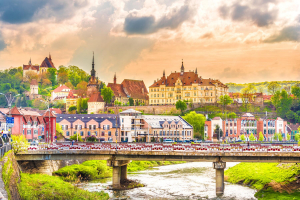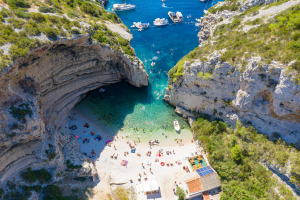Top 8 Things About Nauru You Should Know
Situated in the Pacific Ocean to the northeast of Australia, the Republic of Nauru is the smallest island nation in the world. Phosphate mining has rendered 80 ... read more...percent of the island unhabitable and devoid of arable land. Phosphate deposits depleted in the 1980s and Nauru’s economy stagnated, transitioning the country from fiscally self-sustaining to externally dependent. The country’s history, economy, and foreign relationships interlace shape many Nauruan life aspects. Here are the top Things About Nauru You Should Know before traveling.
-
The first thing about Nauru you should know is Nauru is the smallest country in the South Pacific Ocean, the third smallest in the world by area, after Vatican City and the Principality of Monaco. Nauru is an oval island with an area of 21 square kilometers. Surrounding the island is a coral reef, exposed at low tide and scattered at high tide. The presence of the reef prevented the establishment of a seaport, but the channels at the reef allowed small ships to access the island. A fertile coastal strip 150 to 300 meters wide inland rises from the beach, where coconuts flourish.
It is also the first country to have no capital in the world. In addition, Nauru is also the smallest republic in the world by area. There really isn’t room for much. Nauru has no protected areas, no World Heritage Sites, no rivers, and just 30km of roads.
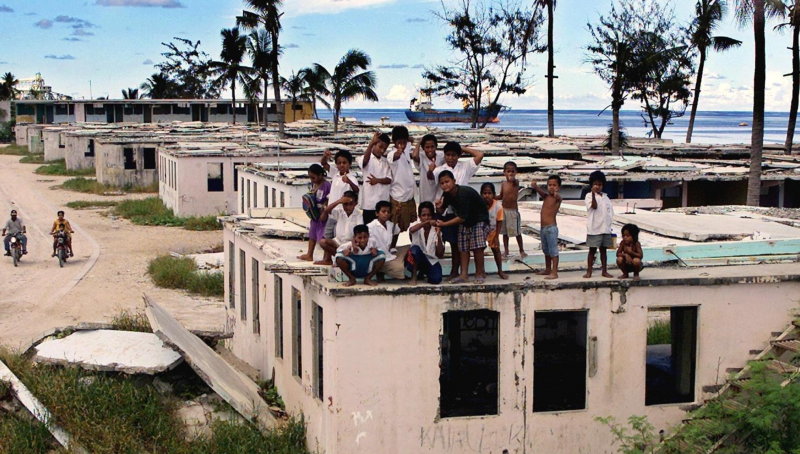
tinhte.vn 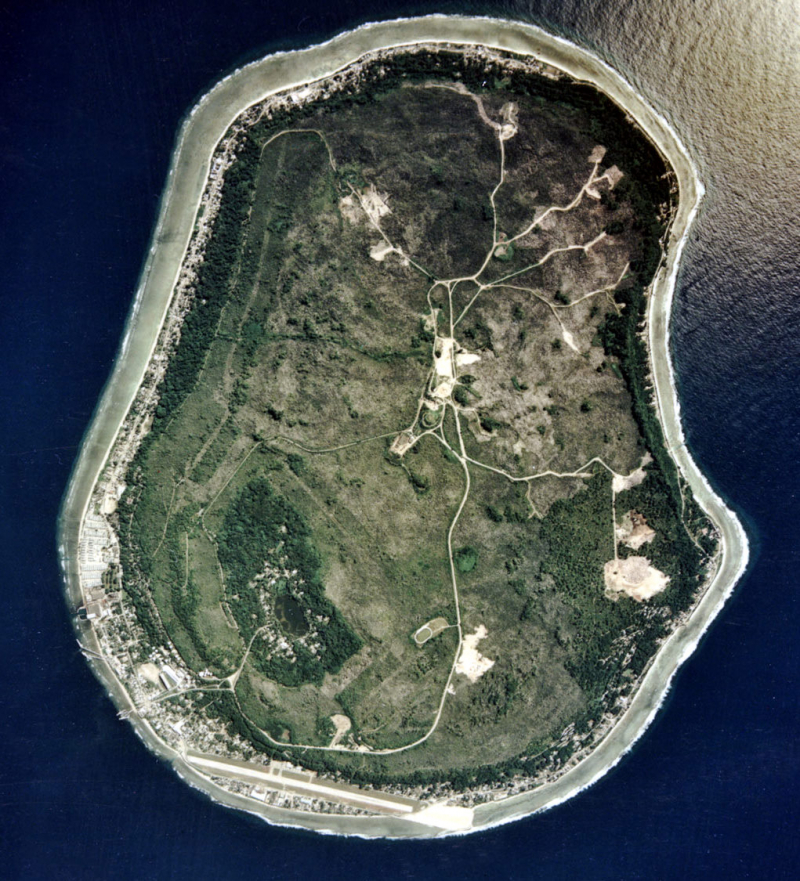
tinmoi.vn -
Another interesting thing about Nauru you should know is Nauru is the Fattest Country in the world. According to the CIA's World Factbook, 71.1 percent of its 10,000 residents are obese (97% of men and 93% of women are overweight or obese). Only American Samoa, an unincorporated territory of the United States, can stop it, making Nauru the most overweight sovereign state on the planet.
A slew of other South Pacific nations follows, including Tonga, Samoa, Palau, and Kiribati. In fact, Kuwait is the only country outside the region to feature in the top 10. There is a clear obesity problem in the South Pacific, with the weight of adults increasing at four times the global average. Some have claimed the islanders are genetically predisposed to putting on weight, while a 2014 report suggested that colonial settlers, who taught them Western ways of eating - frying fish, for example, rather than eating it raw - are to blame.
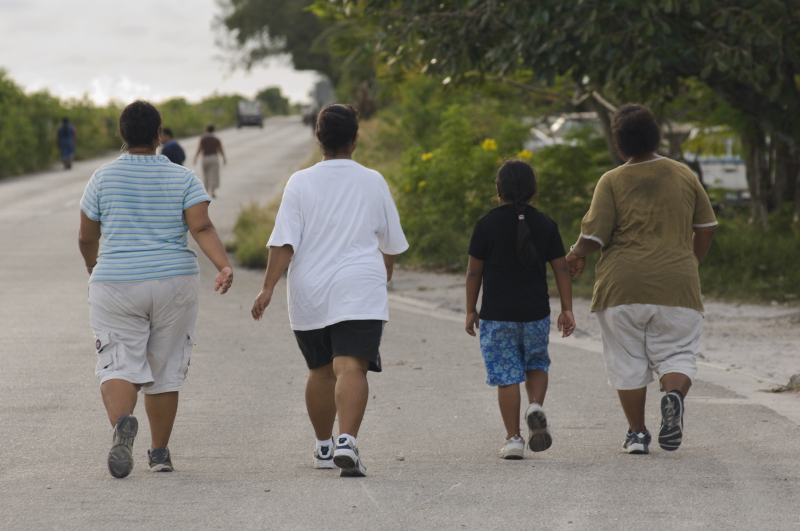
Lorrie Graham/AusAID 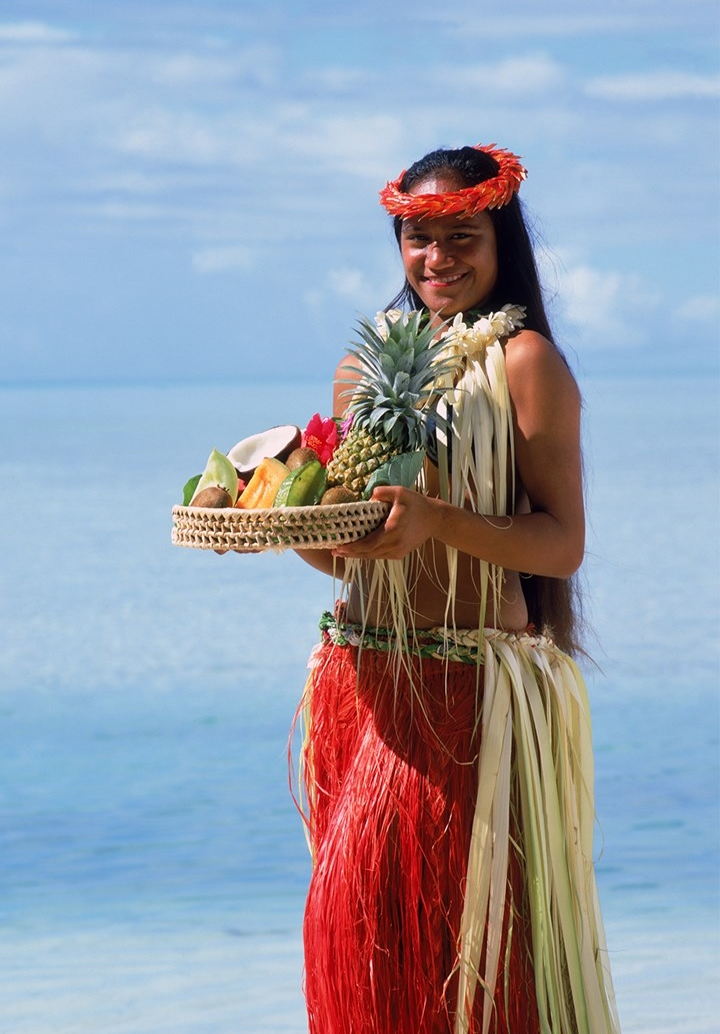
who.com.au -
As mentioned above, Nauru is a country without a capital. The island is divided into 14 districts and has no official capital. Some sources claim that Yaren is the capital of this island nation, but that is not true. In fact, the island has no capital and no cities. Yaren is just an area on the southern coast of the island. This is where most of the important administrative buildings are located, from the National Assembly Building to the international airport. Because the area in Nauru is so small, the airport runway almost stretches across the entire island. Some documents claim, that Nauru is the only country without an official capital.
It is also one of 16 countries that do not have an armed force, only a small police force. Australia is responsible for keeping the island safe. When it was first established, the island contained large reserves of high-quality phosphate rock, formed from seabird droppings that have accumulated over thousands of years. But due to over-exploitation, this resource is exhausted, causing the country's finances to plunge. Currently, Nauru's GDP is the second-lowest in the world, just higher than Tuvalu.
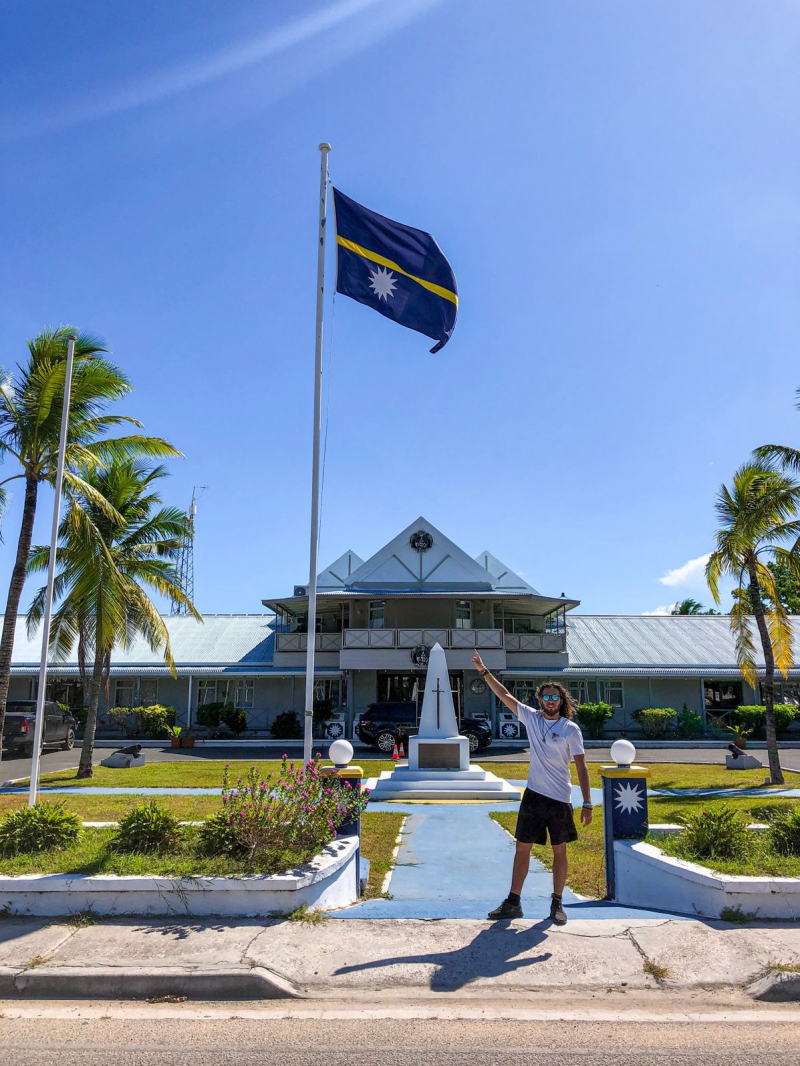
fulltimeadventurer.com 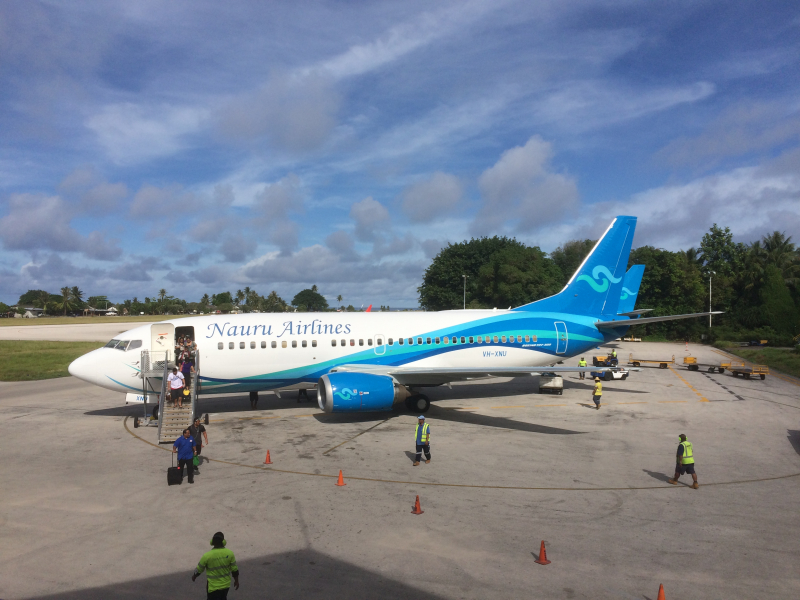
ommons.wikimedia.org -
Despite being one of the smallest country in the world, Nauru was also once the richest country in the world. Nauru is one of the three major phosphate rock islands in the Pacific Ocean (the other two are Banaba of Kiribati and Makatea of French Polynesia). As a result, Nauru is very rich in surface resources and can easily conduct open-pit mining. However, today, the island only has some phosphate reserves left, but it is no longer economically viable to exploit. In the late 1960s and early 1970s, Nauru had the highest per capita income of any sovereign nation.
As phosphate reserves were depleted, and the environment was severely damaged by mining, a fund was established to manage the island's declining value. To earn an income, Nauru quickly became a tax haven and money laundering hub. Between 2001 and 2008, Nauru offered Australia a Nauru detention center in exchange for aid.
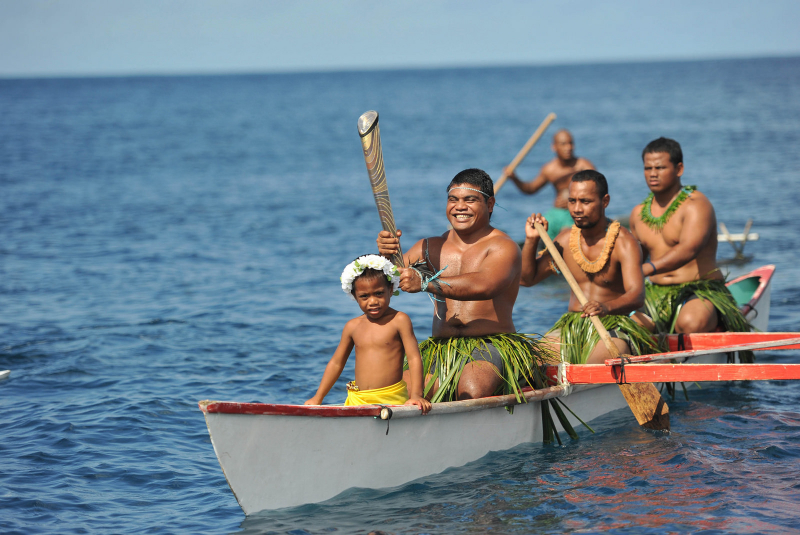
thegioihoinhap.vn 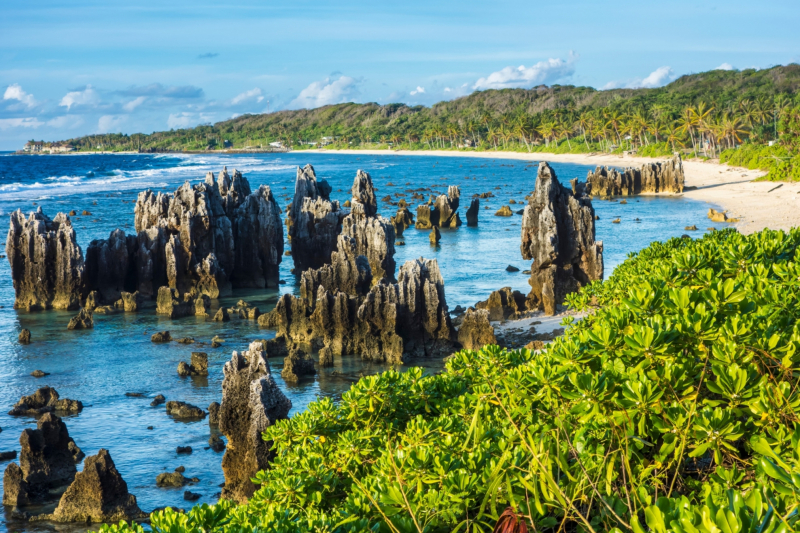
lonelyplanetitalia.it -
The thing about Nauru you should know is that Nauru is Pleasant Island. The first Westerner to visit Nauru was the British whaler John Fearn, who dropped anchor there in 1798. He was clearly impressed, calling it “Pleasant Island”. The island is ringed by the coral reef, which prevents it from having a port but makes it a fair bet for diving and snorkeling (the impact of phosphate mining, however, has wiped out much of the marine life).
Besides, Nauru’s small size also means that most people can easily explore the island on their own in a single day. It takes less than half an hour to drive around the island’s only main ring road, but most visitors will undoubtedly prefer to make frequent stops along the way. Hikers who venture off the main coastal road into the interior will encounter a moon-like landscape left behind from years of phosphate mining.
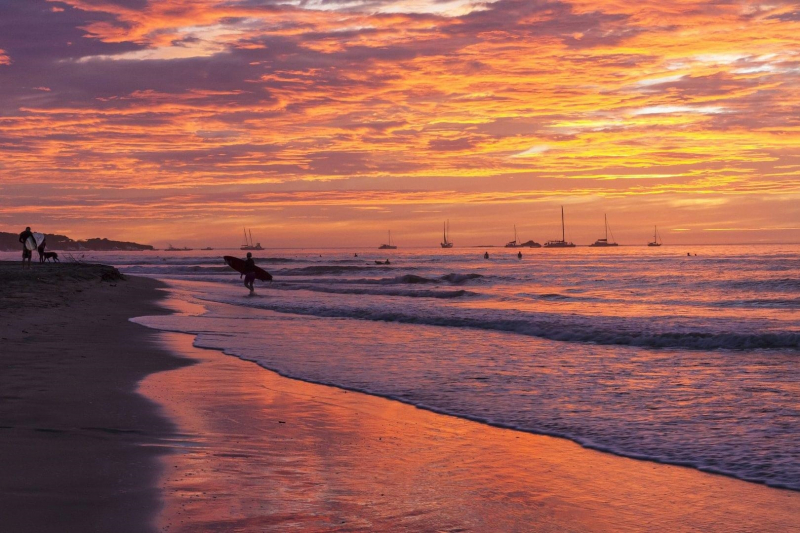
PADI 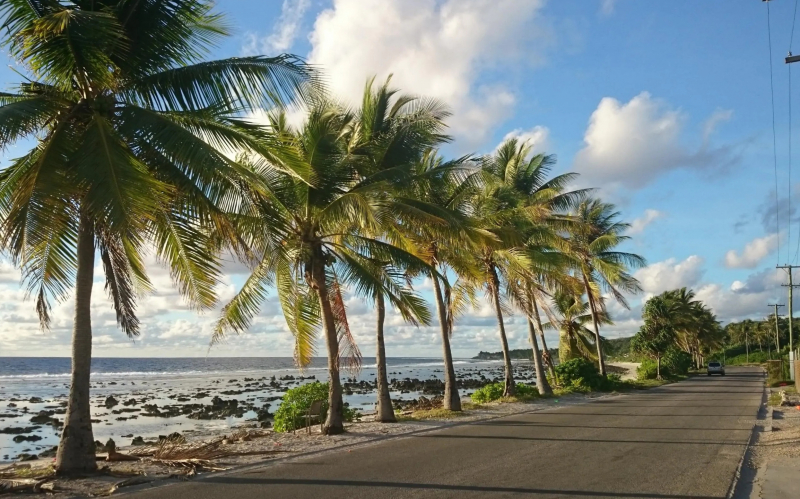
telegraph.co.uk -
Given its close ties with Australia, New Zealand, and the UK, it will come as no surprise to learn that Nauru is one of 45 countries where at least half of the population speak English (according to David Crystal's book English as a Global Language). English is the official language for the government and commercial sector as well as the mainstream media. It is also taught in most schools as part of the curriculum. English is also widely spoken by Asian migrants in the country. However, the merging of the Chinese language and Nauruan English has resulted in the formation of the Nauruan Pidgin English spoken by some of the Nauruan population. So when traveling to Nauru, you don't have to worry about communicating with locals if you know English.
Nonetheless, the official language is Nauruan, a distinct Pacific Island language that is spoken in most homes. Besides, Chinese has also spoken in Nauru. About 8% of the population speaks Mandarin or Cantonese languages.
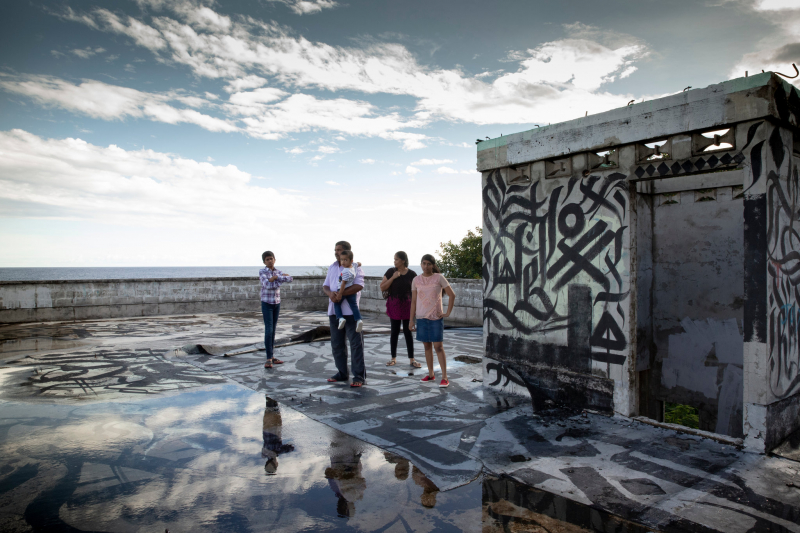
nytimes.com 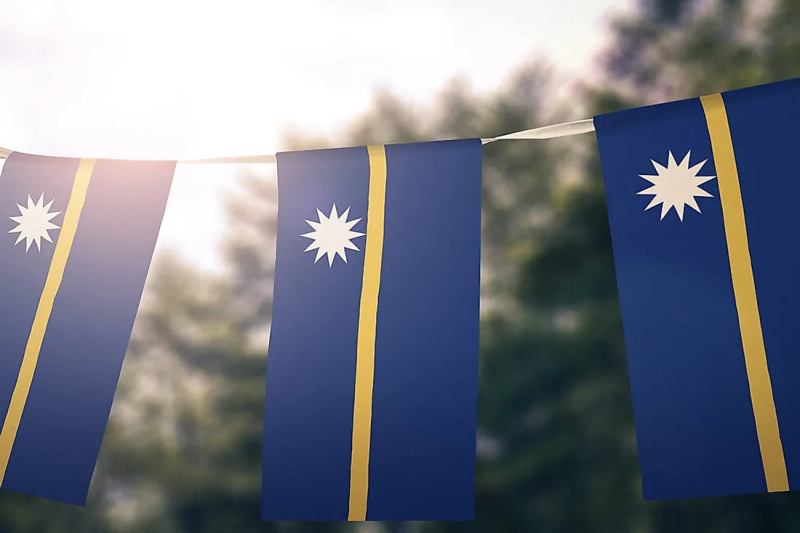
worldatlas.com -
The thing about Nauru you should know is Cuisine. The cuisine of Nauru is the traditional cuisine of the island state on the Pacific Ocean. Due to the diversity of the country's inhabitants, the cuisine is highly diverse. Like its other island neighbors, Nauruans consume a large amount of seafood, as well as foods made from coconuts and pandanus fruits. Coconut milk is also used extensively in Nauru. Coconut fish (raw fish, often tuna, served in coconut milk with seasonings) is a traditional dish.
Moreover, Nauruan cuisine is greatly influenced by Chinese cuisine. The Chinese are the major foreign community of the country, and there are a number of Chinese restaurants on the island, most notably in Yaren. In 2010, there were 138 Chinese restaurants in Nauru, a country of hardly 10,000 people. Nauruan cuisine also shows a strong Western influence. So that can explain why Nauru is the country with the highest obesity rate in the world.
The majority of Nauruans are Christians and members of the Nauru Congregational Church. They often celebrate Christmas with cakes made from bananas and coconut. Some desserts, such as coconut mousse, are consumed on special occasions.
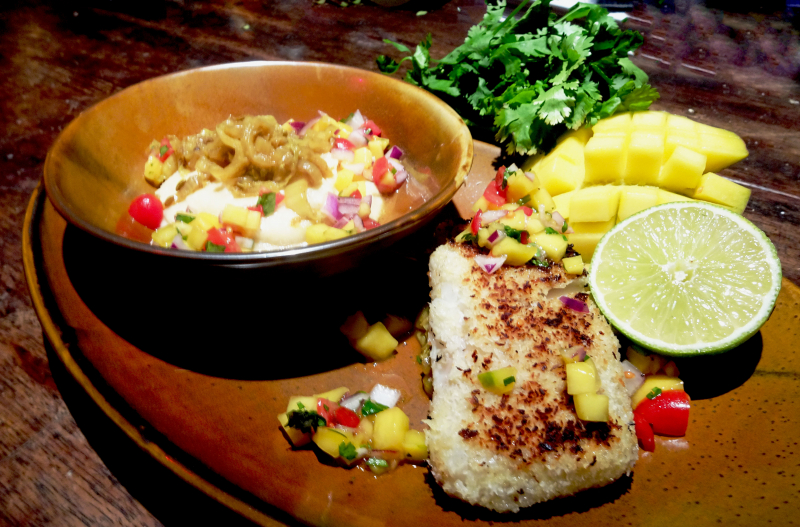
Coconut Fish (littlelostcook.com) 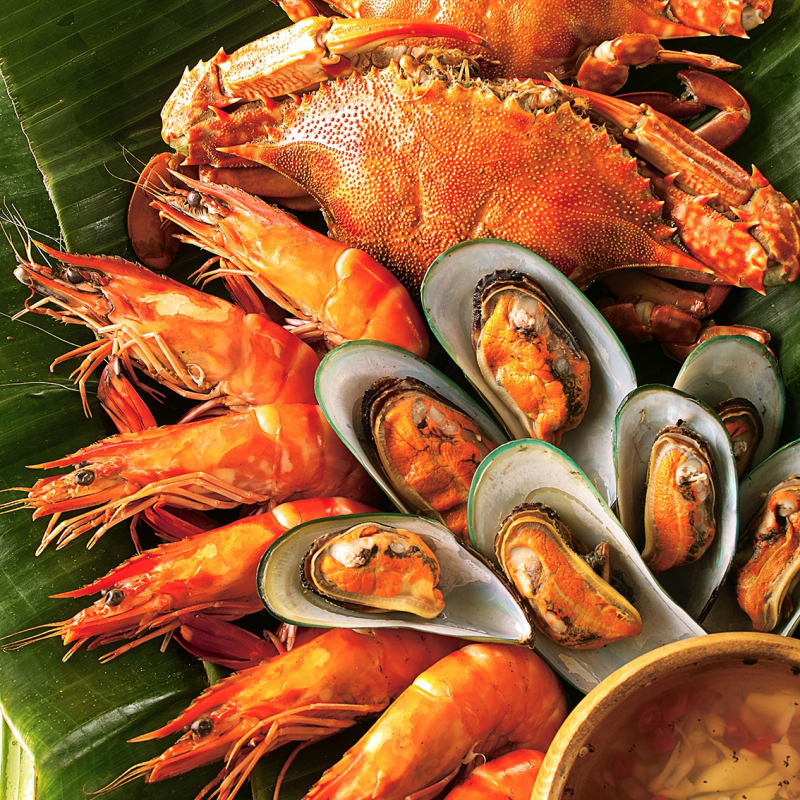
best-country.com -
Last but not least, the thing about Nauru you should know is the Festivals. The biggest festival in Nauru is Independence Day. Besides, Constitution Day is also an important festival here. Both of these historic events took place in 1968. Every January 31, the inhabitants of Nauru commemorate the day the island became the world's tiniest sovereign republic by flying flags, singing the national anthem, and listening to remarks from local officials. The vacation kicks off with a fishing tournament, followed by wrestling battles, tug-of-war competitions, and other exciting athletic activities. A competition to clean up the island's districts is also held.
In addition, Constitution Day is also solemnly celebrated by the people of Nauru. On May 17, 1968, little than four months after becoming an independent country, Nauru approved its first constitution. To celebrate this significant milestone in the island's history, sports events are held around the island, and the day opens with a colorful team parade. The national track and field championships take place on the final day, which falls on Constitution Day. Athletes compete on a crushed coral track. Athletes from all around the South Pacific compete against the national champions in track and field.
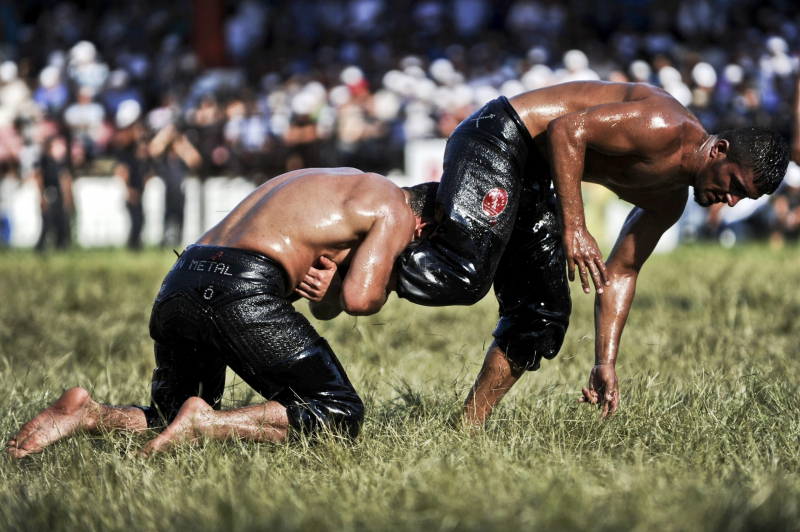
A wrestling battle to celebrate Independence Day (eskapas.com) 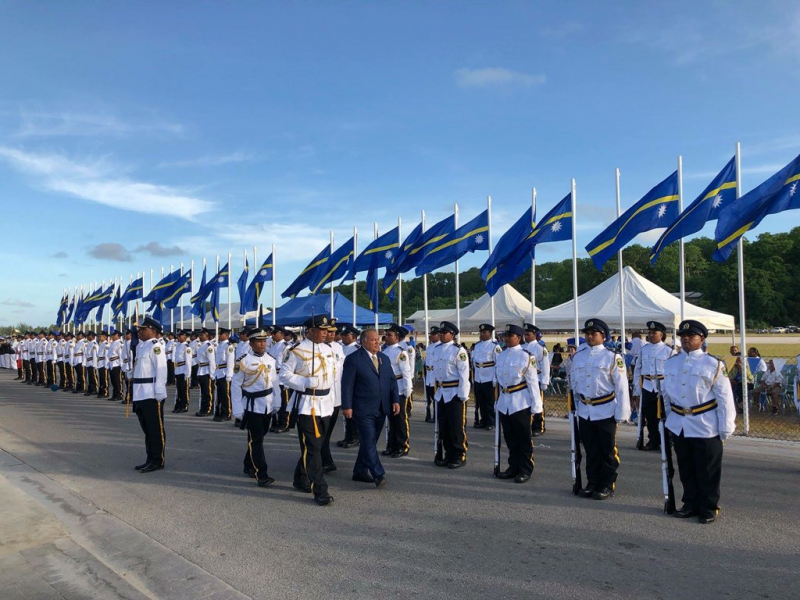
Twitter: Republic of Nauru










